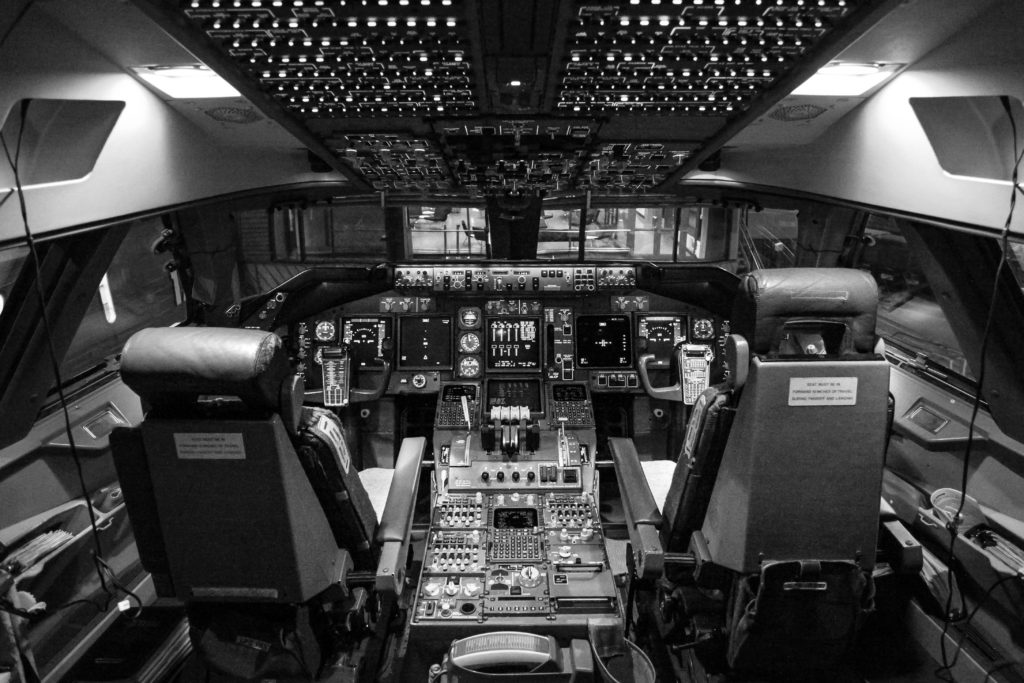This is an attempt to highlight the differences between a business aircraft charter airline and an aircraft management company. The dissimilarities are not based on any Redbull-fuelled university research papers – they are based on my experience having worked for both type of companies.
An aircraft charter company operates an aircraft from point A to point B for a profit. The sales team strive to ensure the aircraft accumulates as many chargeable flying hours as possible. It is essential that the direct and indirect costs are calculated and controlled to be able to maximize yield.
The name of the game is to generate revenue whilst identifying ways to drive costs down. There is a lot of emphasis on aircraft appearance, cabin functionality and comfort as they are vital components of the customers’ experience. Staff are drilled on the business model and each component of the organisation has clearly defined objectives.
Aircraft charter company staff generally take orders from a defined hierarchy with a single point of ‘truth’:
Business aircraft charter companies have fancy ways of differentiating themselves – from red stripes, multi-coloured paint schemes and exotic sponsorships. The successful charter airlines are the ones that have mastered the art of execution and value generation.
An aircraft management company (AMC) is a service company trusted by high–net worth individuals to take care of everything to do with the operation of their aircraft (insurance, certification, maintenance, pilots, flight planning etc..).
The airline’s staff are responsible for ensuring the aircraft is fully available to fly whenever the owner requests. An aircraft could be sitting on the ground for 2 months but when the owner comes knocking, the aircraft better be ready to soar.
The art in the AMC world is the mastery of communication, financial reporting, and debt collection. Aircraft utilization and the aircraft operation is the ‘easy’ part. The organisation is tailored to be able to answer any owner request to the nth degree.
An aircraft owner might not care that their aircraft has not been washed in 1 year but would require a Justin Bieber CD is always available on board. At the end of the day, the aircraft owner is the one that pays all the bills related to the aircraft.
From my experience, business aircraft management is based on two pillars that need to be as solid as possible, the technical and financial pillars. Clear, concise and correct communication is required to maintain the integrity of these two pillars.
If either of two pillars begins to shake, cracks in the relationship between an aircraft owner and a management company begin to appear. The recovery is a very painful and time-consuming process that often ends in tears and a divorce party.
So, the ethos in an AMC is based around relationship management. The only commonality between these aircraft owners is that they all have different characters. The mannerisms and operational procedures of staff must be tailored for every aircraft owner. Really understanding the character of the aircraft owner will assist the team manage the daily requirements of the aircraft.
So, provided the aircraft owner makes their aircraft available for charter, is it possible for an aircraft management company to also act as a Charter Airline? If the AMC can find a way to pivot the mindset of its staff to think like a charter airline then there is every chance of success. Staff will have to align their modus operandi to ensure the aircraft operation is tailored for financial gain rather then boutique operational availability.
And vice versa, could a pure aircraft charter company also act as an aircraft management company. There are several examples of such models, but how sustainable is the relationship at the top. Could the CEO of a charter airline really take orders from an aircraft owner? Could staff overcome the hurdle of putting their beliefs aside to accommodate the quirkiest of aircraft owners?
What I am learning from my experiences in aviation is that success is earned when there is clarity and focus. The most successful aviation organizations truly understand their business models. They tailor everything to match the requirements of the tasks at hand. Staff have clear objectives and know what is expected of them and of their colleagues.



